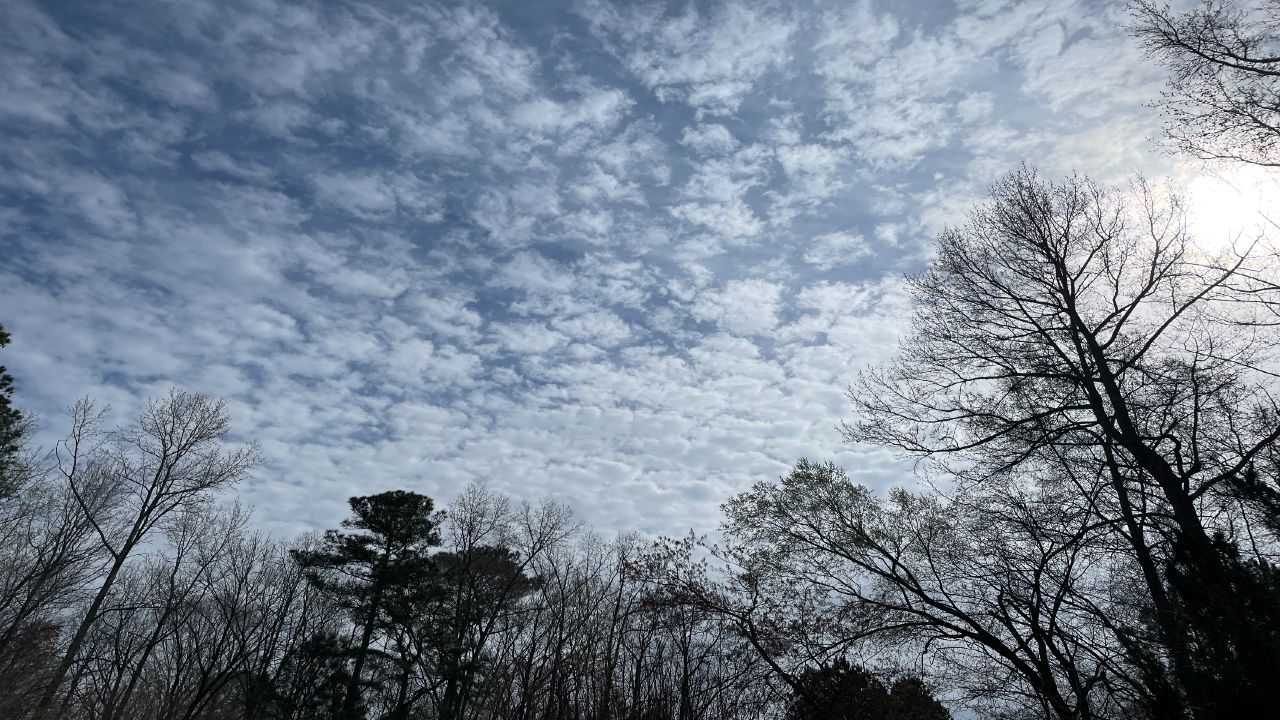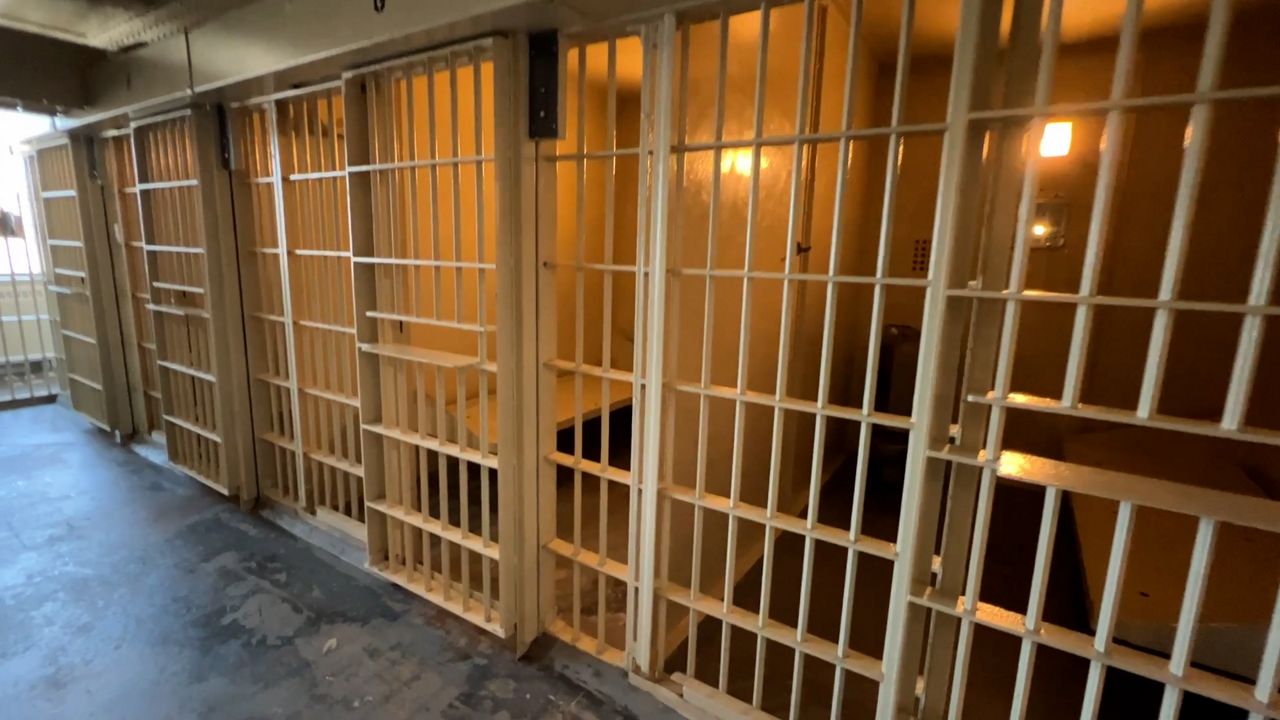Rashone Scott-Williams, founder of overdose prevention organization WNY Mobile OPS, said she found her calling when working as coordinator of Evergreen Health's needle exchange program.
She saw three clients in the program die simultaneously after a night of experimenting with fentanyl patches taken from one of their grandparents. She has seen the other side as well, having prevented overdose deaths by administering Narcan.
"When you see a life being lost and that you can spray a nasal spray into their nose and bring them back to life, it’s the most fulfilling thing I have ever experienced besides having a child," Scott-Williams said.
What You Need To Know
- The Substance Abuse and Mental Health Services Administration proposed a $30 million grant funding opportunity to provide funding to harm reduction organizations and supplies to prevent the spread of disease and infection among individuals with substance abuse issues
- The grant has raised issues of inequities in harm reduction, from misinformation that the government would distribute crack pipes to advance racial equity, to the treatment of the opioid and crack epidemics
- WNY Mobile Ops is a woman/minority-owned business that distributes free Narcan kits within Buffalo's Riverside neighborhood
- Founder Rashone Scott-Williams is one of many harm reduction advocates advocating for funding to aid in the distribution of supplies and education
The goal of WNY Mobile OPS is simple: meet people where they are, which is why Scott-Williams and her team distributes free Narcan kits to convenience and liquor stores in Buffalo's Riverside neighborhood, where some of the highest overdose deaths were recorded in Buffalo during the pandemic. Store owners and community members have saved lives with these kits, but providing these free and essential supplies comes at a cost.
"The lack of funding, especially in minority communities, is a great concern because we’re smaller. We’re not large organizations that receive the larger amounts of funding, so it’s harder to operate," Scott-Williams said.
Racial disparities have been at the center of conversations surrounding the proposal of a $30 million grant for harm reduction services under the Substance Abuse and Mental Health Services Administration, from misinformation surrounding the contents of 'safe smoking kits' to comparisons of the opioid and crack epidemics.
Harm reduction and overdose prevention advocates like Scott-Williams, whose organization is the only in Western New York owned and operated by a Black woman, are hopeful that through education and outreach, more people will see the advantage of having programs dedicated to providing life-saving resources and funding to organizations devoted to helping those struggling with substance abuse to lead healthy lives.
"We have to teach our people how to navigate through the system," Scott-Williams said. "Although you may be suffering from opioid addiction, it does not negate who you are, and that is the most important thing for me is to let people know you are more than what your addiction is."









